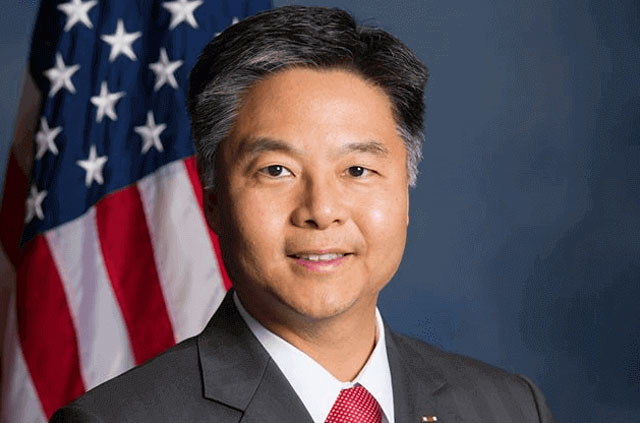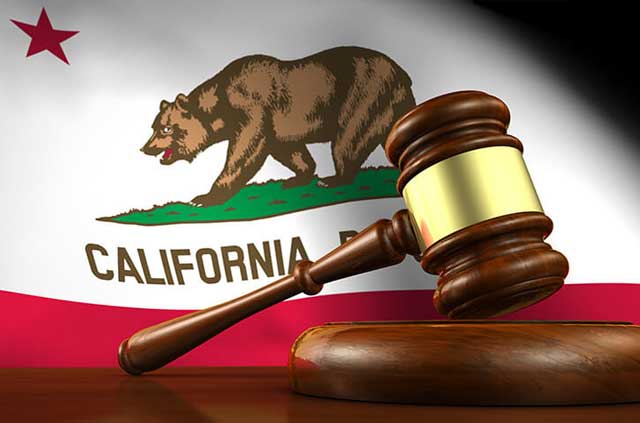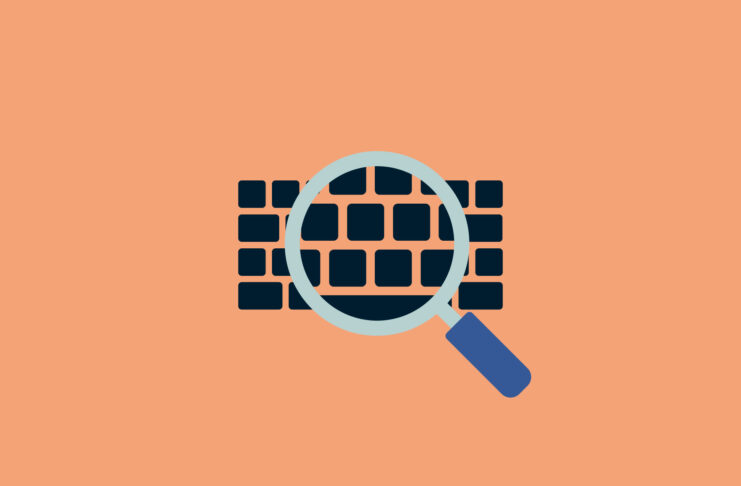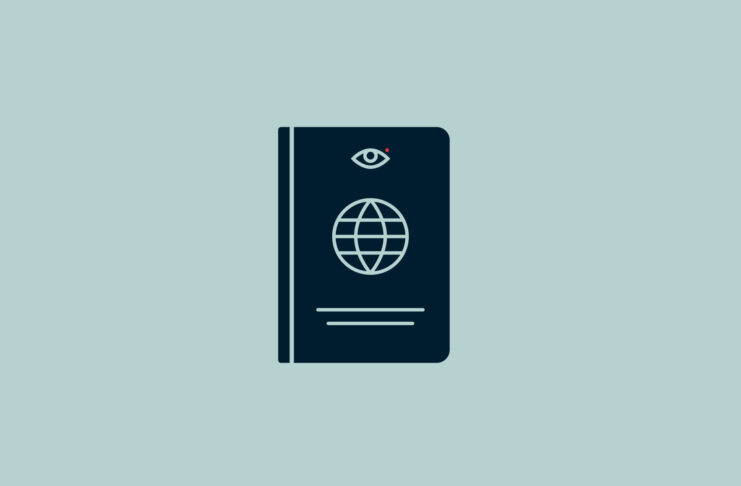This post was originally published on February 17, 2016.
Meet California Congressman Ted W. Lieu, our hero.
The argument over encryption has been a trending topic over the last few years. Ever since Apple began adding end-to-end encryption on their devices, law enforcement officials around the world have been stomping their feet and voicing their opposition.
Legislators have even gone so far as to try to ban encryption on a state-by-state level. Recent bills like this in California and this in New York are all attempts to coerce companies into making devices that can easily be hacked. Not only are these bills completely ludicrous, they’re dangerous.
Fortunately, not every politician is against privacy. In fact, just last week California Congressman Ted Lieu introduced a new piece of legislation that could finally muffle the anti-encryption debate.
Here’s what it does.
The ENCRYPT Act of 2016: The One Bill That Actually Helps Encryption
The ENCRYPT Act, which is short for Ensuring National Constitutional Rights for Your Private Telecommunications, is a simple bill that gives hope to those who value their privacy. Introduced by Ted Lieu and sponsored by Blake Farenthold, this bill aims to make it illegal for states to ban encryption.
Lieu, who’s one of only four Congressmen with an actual degree in computer science, says:
“You cannot design a technological backdoor only for the good guys, because hackers will eventually find that backdoor, or what’s more likely is the federal government will get hacked through that backdoor.”
The recent FBI hack alone is enough to make his statement ring true, but there’s more to it than that: Creating a law that would allow individual states to ban encryption is feasibly impossible. Plus, as Lieu puts it:
“There’s not a single shred of evidence that an encryption backdoor would have prevented any terrorist attack.”
We couldn’t say it any better.
Tech Companies Standing Firm on Encryption
It’s no surprise governments are having a harder time cracking into people’s phones. Ever since Ed Snowden revealed the scale at which private data was collected, tech companies have worked to assure customers that their data is both private and secure.

There has been a growing trend in companies offering more privacy for their users. In fact, after the Paris attacks in November, 56 of the world’s leading tech companies–Apple, Google, and Facebook included–came together to speak out in favor for more encryption.
They argue anything less places the public at risk.
So when the FBI recently sent Apple a court order asking the company to hand over the texts of some of its users, Apple’s response was simple:
“Apple has no way to decrypt iMessage and FaceTime data when it’s in transit between devices. So unlike other companies’ messaging services, Apple doesn’t scan your communications, and we wouldn’t be able to comply with a wiretap order even if we wanted to.”
The FBI’s Growing Concern Over Privacy
The more tech companies increase their device’s encryption settings, the more the FBI tries to stymie their progress. They often use a recurring argument that increased encryption will lead to a ‘dark’ future where criminals run rampant without fear of prosecution. None has been louder or more pressing on this issue than FBI Director James Comey, who claims this new trend of companies offering more privacy for their customers toes a dangerous line. According to Comey:
“Justice may be denied, because of a locked phone or an encrypted hard drive.”
What Comey and other law enforcement officials want is for tech companies to give enforcement agencies ‘backdoor’ access to people’s smart devices.The problem with this, of course, is that the so-called backdoors that allow government interception would also open up the door for other people to access the same files.
This completely negates the security that encryption offers in the first place.
What Happens Now?
There’s been a growing debate among politicians over whether or not encryption is in the people’s best interest. They like to use the issue of encryption as a scapegoat for why terrorist attacks continue to move through the netherverse undetected.
Even media outlets like the New York Times have been quick to place the blame on encryption. (Note: This article and others like it have since been removed.)
There’s nothing wrong with valuing your privacy. It doesn’t make you a suspect; it makes you human.
ENCRYPT still needs to pass both the House of Representatives and the Senate before it can be signed into law, but it’s already receiving bipartisan support.
If you live in the U.S. and value encryption, show your support by following this bill and voicing your opinion here.
Featured Image: US Congress (Official portrait of representative Ted Lieu) via public domain
Locked iPhone:




























Has anyone considered that just having backdoor access to all devices would still not help the FBI _prevent_ terrorist attacks.
Unless every device with a backdoor were being continuously scanned all the time.